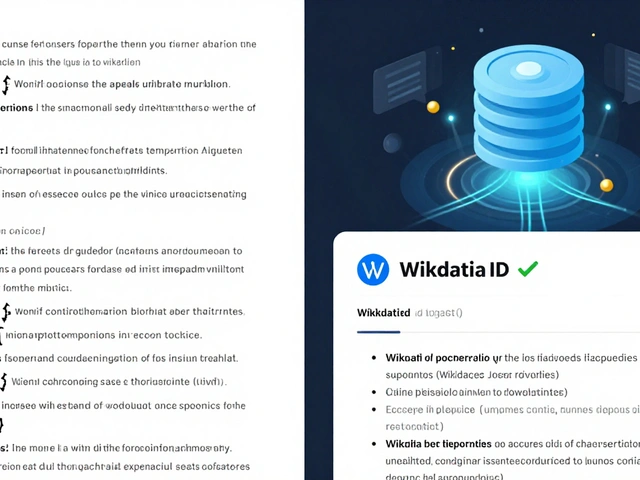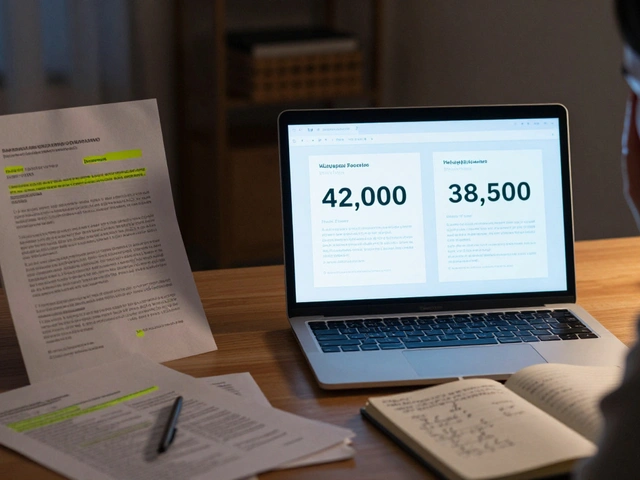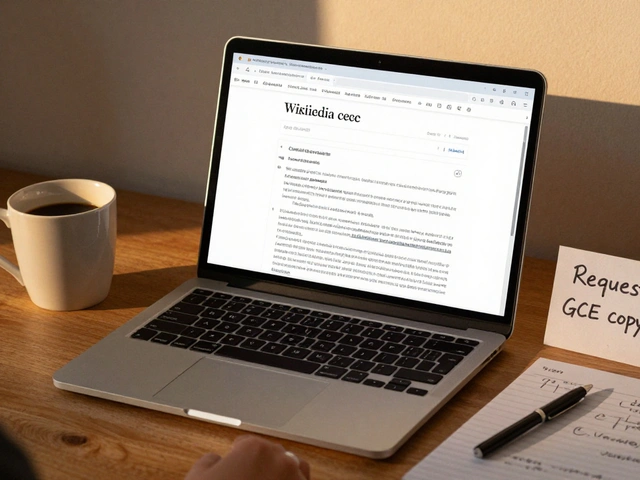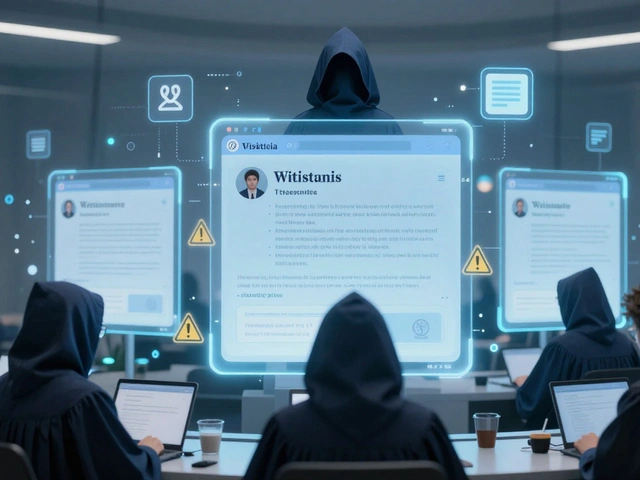Wikimedia staff: Who they are, what they do, and how they support Wikipedia
When you think of Wikipedia, you picture volunteers editing articles—maybe a student fixing a typo or a historian adding a citation. But behind that open, crowd-sourced model is a team of paid professionals: Wikimedia staff, paid employees of the Wikimedia Foundation who maintain infrastructure, manage funding, and support global editing communities. These aren’t the editors you see on talk pages, but they’re the ones making sure those pages stay up, safe, and free. Without them, Wikipedia’s servers would crash, grant money wouldn’t reach African language projects, and editors facing threats for writing about politics wouldn’t have legal backup. They’re the unseen glue holding together a platform built by millions.
Wikimedia staff don’t write articles, but they enable the people who do. They run the Wikimedia Foundation, the nonprofit organization that funds and supports Wikipedia and its sister projects, handle tech upgrades to MediaWiki, and design tools that help bots and volunteers fight vandalism faster. They also manage Wikimedia grants, funding programs that empower local communities to build content in underrepresented languages and regions. These grants have helped launch Swahili and Yoruba Wikipedias, funded safety training for editors in conflict zones, and supported Wikinews volunteers trying to keep open journalism alive. Their work is quiet, but it’s what lets a rural teacher in Nigeria or a retiree in Canada edit without fear or technical barriers.
There’s tension here, and it’s real. Volunteers sometimes feel like staff are out of touch—making policy decisions without understanding local edit wars or ignoring the needs of small language projects. But staff also face pressure from donors, legal threats, and the rising risk of AI scraping Wikipedia without permission. They’re caught between protecting free knowledge and keeping the lights on. That’s why their role matters: they’re not gatekeepers, they’re enablers. They build the roads so volunteers can drive wherever knowledge needs to go.
What you’ll find below isn’t a list of press releases or corporate updates. It’s a collection of real stories about how Wikimedia staff interact with the community—whether it’s funding a rural editor’s internet access, defending an editor sued for reporting corruption, or building tools that help volunteers spot fake accounts. These aren’t abstract policies. They’re actions that change who gets to write history, who stays safe while doing it, and how knowledge survives when the world tries to erase it.
How the Wikimedia Foundation Is Meeting Its Hiring and Diversity Goals
The Wikimedia Foundation is transforming its hiring practices to build a diverse, globally representative team that reflects Wikipedia’s worldwide users - with measurable results and real impact on content.





